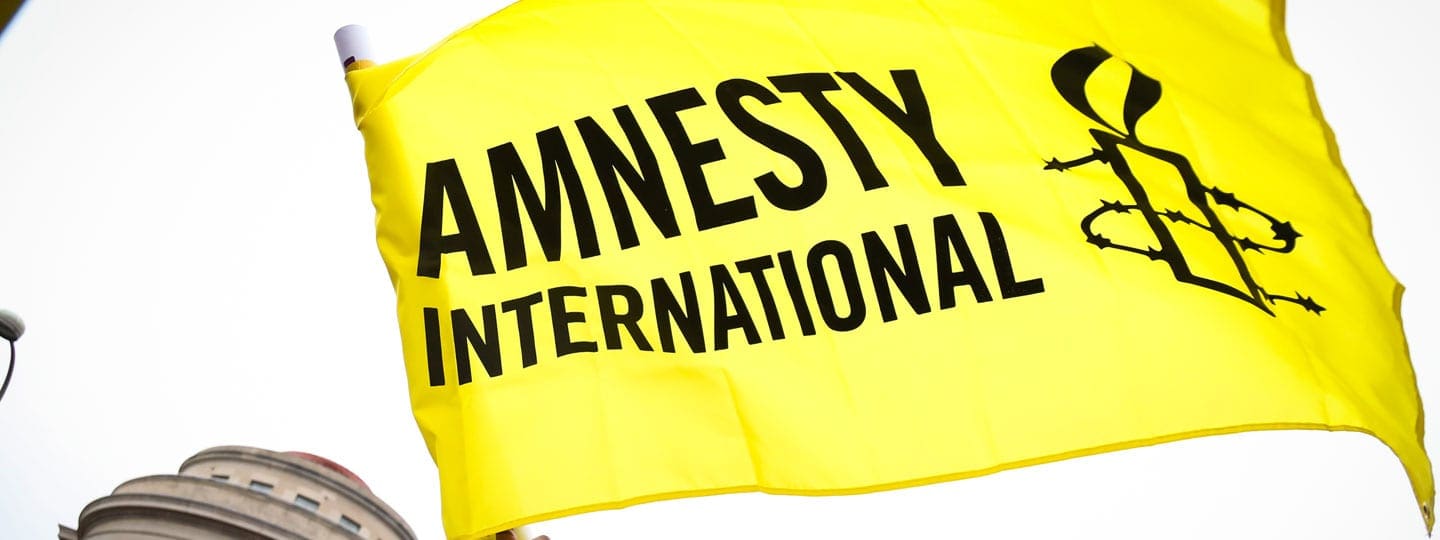Governments across Latin America and the Caribbean can make history and set new standards for protection of the environment and human rights by signing the Escazú Agreement during the UN General Assembly in New York on 27 September, said Amnesty International today in a joint open letter signed by 200 NGOs and delivered to the heads of state of all 33 countries in the region.
“The nations of Latin America and the Caribbean have an opportunity to make history and become world leaders for environmental and human rights protection,” said Erika Guevara-Rosas, Americas Director at Amnesty International.
“By signing the Escazú agreement, governments can send a clear message to their citizens and the international community that they are truly committed to the survival and wellbeing of current and future generations, which is dependent on environmental protection.”
The open letter calls on governments to sign the agreement and then adopt rapid and effective measures to implement it in their respective countries. It was signed by 200 global, regional and national organizations that work across Latin America and the Caribbean in fields such as human rights, the environment, development and democracy, including Greenpeace, Human Rights Watch, Global Witness, the World Resources Institute, Article 19, the International Federation for Human Rights and WWF Colombia.
Adopted in San José, Costa Rica, by representatives of 24 countries on 4 March, the Escazú Agreement would be the first binding treaty in the region to establish protections for the rights of access to information, public participation and access to justice in environmental matters, as well as enshrining the protection of environmental human rights defenders.
“The ratification and effective implementation of the Escazú Agreement will help keep people who defend the environment safe and well informed in the world’s most dangerous region for environmental activists. It will also ensure that everyone’s voices are heard when decisions that affect the environment are made,” Erika Guevara-Rosas added.
All 33 states in Latin America and the Caribbean will have the opportunity to sign the agreement at the UN headquarters in New York from 27 September 2018. At least 11 countries must sign and ratify it by 27 September 2020 for it to come into force.

